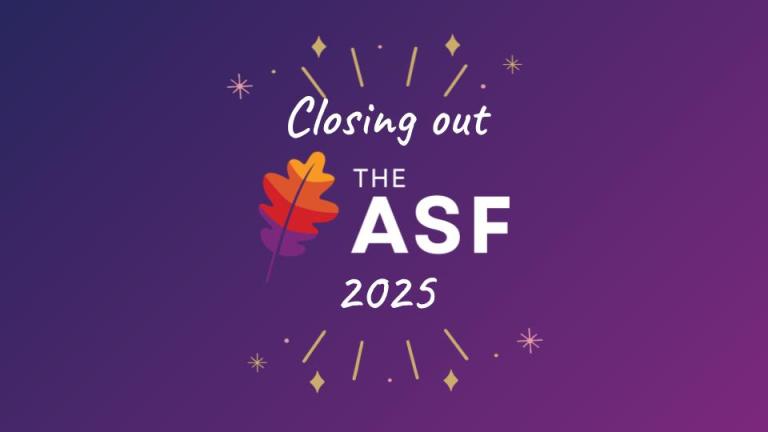By: Roman Shaposhnik, VP, Legal Affairs, ASF
Unless you’ve been living under a rock for the past year or so, chances are that you’ve heard a lot about how generative AI is rapidly evolving and is rapidly changing the software industry as we know it. And while it is fun to speculate about when exactly tools like GitHub’s Copilot will render all us programmers jobless, when it comes to Open Source software; there’s a much more immediate concern at hand: intellectual property ramifications.
While we don’t really think about this too much, at the end of the day every one of us contributing to the open source software is doing so by either exercising our personal right to license out the fruits of our own labor OR by donating something that we didn’t create ourselves but have the right to share. In fact, any committer contributing to any of the Apache Software Foundation’s 300+ active projects is doing so only after explicitly signing an ICLA agreement that says:
“You represent that each of Your Contributions is Your original creation (see section 7 for submissions on behalf of others)”
The criteria for what is “your original creation” is pretty easy to understand if you literally just typed a page of code in a fit of inspiration, but aside from that the line gets pretty blurry pretty quickly. Even before the advent of generative AI, open source developers were struggling with questions like “what if my IDE provided a code completion hint that I didn’t type – was that line of code really my original creation?” Or “what if I ended up on StackOverflow and got a trivial-looking one-liner of how to handle a particularly gnarly issue from one of the threads there – am I allowed to include that?” Or (my personal favorite) “what if the only way I can code is by doing pair-programming – whose original creation is the code that comes out of that two-headed, four-armed beast?”
Now, I don’t think it would be too much of a spoiler to say, as with most things that have to do with intellectual property management, the answer to these types of questions is “it depends” and as far as ASF’s view goes we try to document these kinds of “it depends” as they come along. With generative AI, however, ASF’s Legal Committee felt that doing a piecemeal approach wasn’t really cutting it; not only because of how important the topic is, but also how quickly the entire body of law around it is evolving.
Thus a dedicated ASF Generative Tooling Guidance page was born.
If you’re an ASF contributor who plans to use any generative tool (AI-powered or not), we strongly encourage you to read through this document and we strongly recommend to follow its guidance. We are also seeking feedback on our recommendations. The easiest way is provide such feedback is to contact ASF’s Legal Committee at legal-discuss@apache.org
Finally, it wouldn’t be true open source if producing this guidance wasn’t a community effort. I would like to thank all the members of the ASF’s Legal Committee and especially Henri Yandell for their work and dedication in striking the balance between actionable advice and legalistic rigor. At a different level, I’d like to also recognize Linux Foundation’s leadership in not so much herding us cats, but rather encouraging all the various Open Source Foundations (the ASF included) to start thinking about this area in common terms and agreeing on policies that wouldn’t be too far from each other. Watch this space, you will see a lot of similar pieces of guidance emerging this year.


